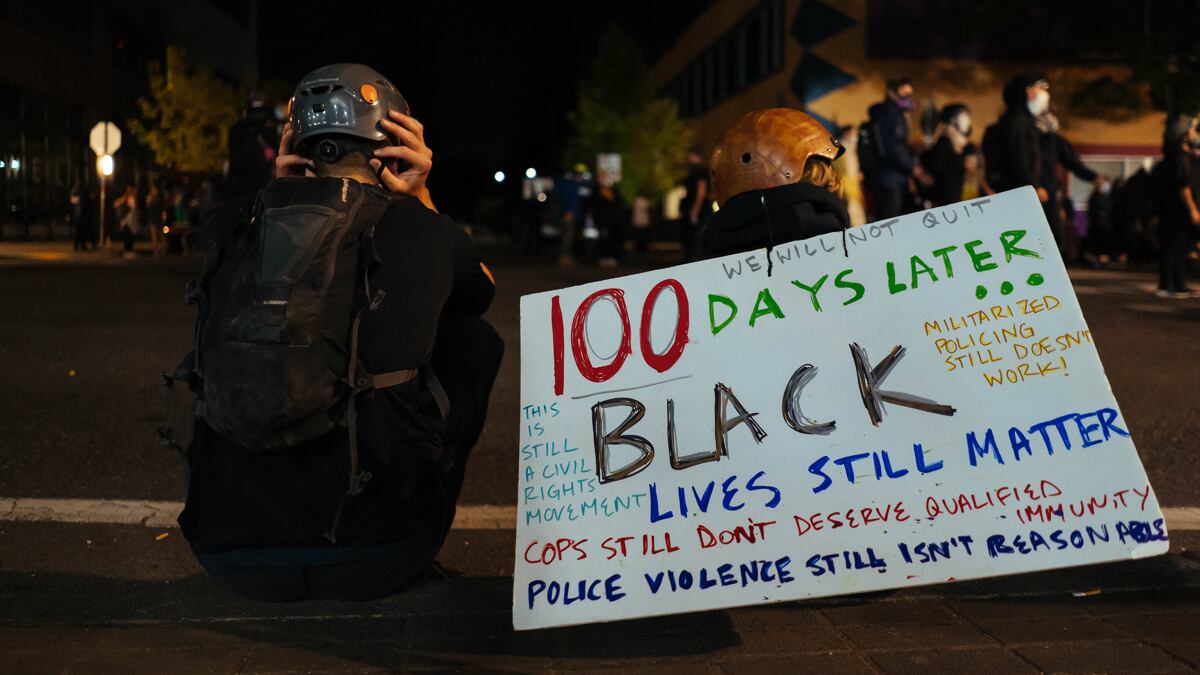By Sarah Iannarone
If you heed the current wave of concern about Portland, we're in a death spiral. Our once international darling and beacon of civic excellence has devolved into an ungovernable anarchist jurisdiction.
I'm not buying it.
This year's protests were more symptom than cause, as our city grappled with its racist history alongside other systemic problems, like an affordable housing shortage and the raging wildfires of a swiftly warming planet. And despite the tragic loss of so many beloved small businesses due to COVID-19, Portland's economy is likely to bounce back relatively quickly.
In a meeting last week, I warned the out-of-state manager of a major project: "Heads up, Portland's a little cranky right now." For the foreseeable future, it's likely our elected officials are going to anger more people than they satisfy day to day regardless of the solutions they put forward. In other words, Portland may remain—on the surface and in media narratives—more ungovernable zone of chaos than civic beacon.
Is that so bad, though?
Maybe getting kicked out of the spotlight as a Green City darling and shot back into it as a city grappling with conflict is going to be good for us. Like a married couple who stopped arguing years ago, some high-volume rage could serve us better than low-key complacency.
In the latter part of the 20th century, Portland had a reputation for experimentation and innovation. The goal was a better future for our people. Our community-led 1988 Central City Plan was a dreamy sketchbook of fantastical city building that included an outdoor marketplace at the Morrison bridgehead and a water taxi on the Willamette River. Not long after, Mayor Vera Katz would float concepts like decommissioning Interstate 5 through the central city and capping I-405—ideas that are scoffed at when I mention them today.
We are at our best when we tap into our principles to achieve more for our people. What if today's rage helps move us toward cultural shifts and expands our thinking about the tomorrow that is possible? What if embracing—rather than tear-gassing—our renegade spirit could bolster our global reputation and help ensure our service sector rebounds quickly through travel and tourism?
We will never reclaim our brand until we refocus our efforts on what people are experiencing each day. When we can't be smug anymore, when we can't hide behind admirable aspirations, we're going to have to do the hard work of figuring out who we really are—and what we want to be.
See all 24 Reasons to Still Love Portland here!
